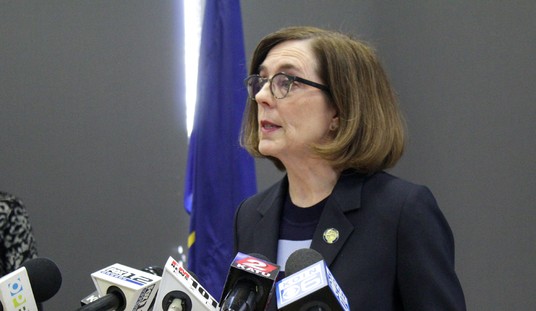The Texas Legislature is eager to show its support for women and girls and what better way to do that than to ease the tax burden on some of life’s necessities? The Texas House of Representatives overwhelmingly passed House Bill 300 with a vote of 145-2 to eliminate sales tax on menstrual products and baby supplies, along with other products. It may not sound like a lot but everything helps when families are struggling in this time of Bidenflation.
House Speaker Dade Phelan, a Republican, named House Bill 300 a top priority. This legislative session is the first since the overturn of Roe v Wade. After so much controversy when the Legislature passed the Texas Heartbeat Act in 2021 and made abortion illegal after a fetal heartbeat is detected, usually at about six weeks, lawmakers are changing the narrative. Lawmakers are trying to help women and girls with the elimination of some sales tax. I know that all sounds somewhat convoluted but that is what is being reported.
Rep. Donna Howard, a Democrat from Austin, has filed a proposal every legislative session since 2017 to eliminate sales tax on diapers, baby wipes, bottles, and other baby supplies like breast pumps. Maternity clothes are included. Also included are period products like tampons, and sanitary pads. It’s a wide range of necessary products that girls and women purchase regularly and when they’re pregnant. Also of note is that adult diapers are included in the sales tax exemption.
The bill moves to the Senate now. I’m confident it will pass overwhelmingly there, too, as it did in the House.
Babies are expensive. There is not a lot of financial assistance available for low-income families. Some parents miss work due to a lack of supplies necessary to send with their child to daycare.
At a House hearing in early March, dozens of people spoke or filed written testimony in favor of the bill. Emily Adams, vice chair of the Austin Diaper Bank, testified with her infant daughter, Opal, in her arms. She said this bill would help the Texas economy, noting that some families are unable to send their children to day care because they can’t afford the required diapers.
“Not only are children missing out on critical early learning experiences and academic and social development, parents and caregivers are forced to drop out of the workforce, resulting in a loss of wages,” Adams said. “Without employee prospects, small businesses face a hiring desert.”
Diapers can cost $100 or more per month, per child, according to the Center on Budget and Policy Priorities. The only financial assistance, other than nonprofit diaper banks, comes from the Temporary Assistance for Needy Families program — and Texas’ TANF program gives low-income families less direct cash assistance than almost any state.
In past resolutions, the focus has been on period products and especially young low-income women’s needs. The maternity products are a more recent addition
Teenage girls are credited with leading the movement to eliminate sales tax on period products. Their approach is to use the argument that menstrual supplies should qualify as wound care dressings, which are already exempt from sales tax. Girls argue that by not including menstrual supplies, Texas is discriminating on the basis of sex. I think that sounds like quite a stretch, a menstrual period is not the result of a wound, but there you have it. Their legal logic is working for them.
Governor Abbott is on board, as is Comptroller Glenn Hegar.
“Governor Abbott fully supports exempting feminine hygiene products from state and local sales tax,” Renae Eze, a spokesperson for the governor, told The Texas Tribune in August. “These are essential products for women’s health and quality of life, and the Governor looks forward to working with the legislature in the next session to remove this tax burden on Texas women.”
The bill is expected to move next to the Senate Finance Committee. Houston Republican Sen. Joan Huffman, who chairs the committee, and Lt. Gov. Dan Patrick have also voiced support for such “common-sense tax exemptions,” as Patrick called them.
The sales tax elimination is projected by the Legislative Budget Board to cost Texas $194M over two years. That’s a chunk out of revenues but Texas has a huge budget surplus. This will be a way of helping Texans in need. Texas has a $32.7B surplus. That is about the size of the budget of South Carolina. It’s larger than the budgets of 24 states, just for reference. Knowing Abbott and Hegar as I do, I know if this sales tax elimination was a detriment to the fiscal health of Texas, they would not be on board with it.
Sales tax adds up, to state the obvious. In Texas, state sales tax is 6.25%. Cities, towns, and special districts can collect additional local taxes. In Harris County (Houston), where I live, there is a maximum sales tax rate of 8.25%. Eliminating that additional cost will be a help to those who are hurting in this economy.








Join the conversation as a VIP Member